

.jpg)
Some will likely stick with him as a “known quantity” but his push to further regulate churches and legalize euthanasia have shocked and alienated many Christians.
.jpg)
The National Council of Evangelicals in France calls to work to make sure “divisions do not find their way into our communities”. Thierry Le Gall explains why there is a “divorce” between President Macron and Bible-believing churches.

Emmanuel Macron’s “haughty” ways are also losing evangelicals, who go from broadly supporting him to opposing the President’s restriction of religious freedom and his laws on abortion and euthanasia.
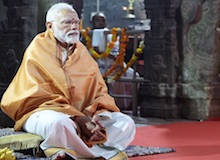
The coalition led by prime minister Narendra Modi still has a majority but failed in its expectations after losing 67 seats. “For many Christians, the loss brings a sense of relief”.
.jpg)
The hard right and nationalists will not be indispensable in the new European Parliament but hey shake the national scenario in countries like France and Germany.

How can or should churches respond to the upsurge of nationalism in general, and in particular the way in which it plays a key-role in populist movements?
The country is preparing for the era of coalition government at the state level. According to evangelicals, it can “craft productive partnerships for the common good”.
.jpg)
The Evangelical Alliances in Sweden, Austria, Germany and Spain offer resources to give reasons to vote for the European Parliament, on 6-9 June.
.jpg)
So much has changed since the last European Parliament election in 2019, but one thing that hasn’t changed is the influence of nationalism. If anything, it is a bigger issue in 2024 than it was in 2019 or back in 2010.
.jpg)
Christians may vote for different political parties but there is great significance in praying together in humility and unity for our nations and our continent. Here are some suggestions.
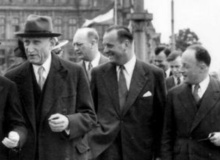
As we go to the voting booths this week to decide who will represent us in the European Parliament, we need to vote for candidates who understand both the calling and responsibility of Christians to be light, salt and leaven in society.

The UK Evangelical Alliance, the Church of England and Christian charity CARE, release several resources to help Christians engage with the coming election.

South Africa goes to the polls amid “growing inequality and unemployment” and fears of a return to apartheid. “Churches live politics in private”, say evangelical leaders.

No matter what some candidates might tell you, there are no easy fixes to complicated issues. We trust that this list of questions will help you in your preparations for the European elections.

We live in a fallen world. All of us – our politicians, our leaders, ourselves – are tainted by sinful tendencies. Which is why we need institutions to keep power in check.

The world’s most populated country is in the midst of a key general election. “People are afraid that there will be no more elections afterwards”, says an evangelical.
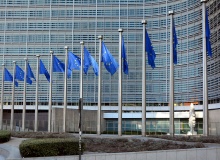
The workings of the EU institutions can seem distant, foreign and boring. Yet so much happens there that shapes our European way of life, whether we realise it or not.
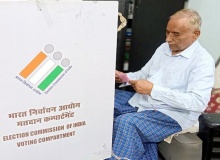
The polls in the most popullated country in the world show another victory for the Hindutva nationalism of Narendra Modi. “Religious freedom is important and under threat”, say evangelicals.
.jpg)
Christians & European Elections (3). The Moldovan Valeriu Ghiletchi leads a movement of Christian politicians in Europe. He calls on citizens to defend the rights enjoyed on the continent.
.jpg)
Christians & European Elections (2). Evangelical voices in six countries agree on seeking more collaboration and foresight to maintain peace. Most rule out pacifist approaches.

Be aware of the role of artificial intelligence in elections, especially in your social media timeline. Truth and trust should go hand in hand.
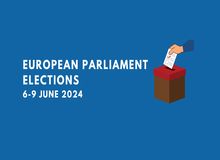
The EEA says it will not tell Christian in Europe “how to vote” but aim to offer a resource to “help you to elect the next Parliament responsibly”.

The 2024 European Evangelical Alliance annual meeting will take place in Sarajevo from 11 to 14 June.
.jpg)
A ‘sharp right turn’ is coming up fast as we approach elections across Europe this year, at both national and European levels. Migrant-scapegoating and nationalism is on the rise in our continent.
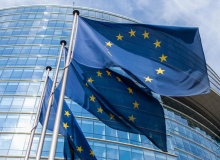
The European Parliament elections are a strategic opportunity to launch new political parties. In countries like Spain, some dream of having a first-ever evangelical representative in Brussels.

Las opiniones vertidas por nuestros colaboradores se realizan a nivel personal, pudiendo coincidir o no con la postura de la dirección de Protestante Digital.